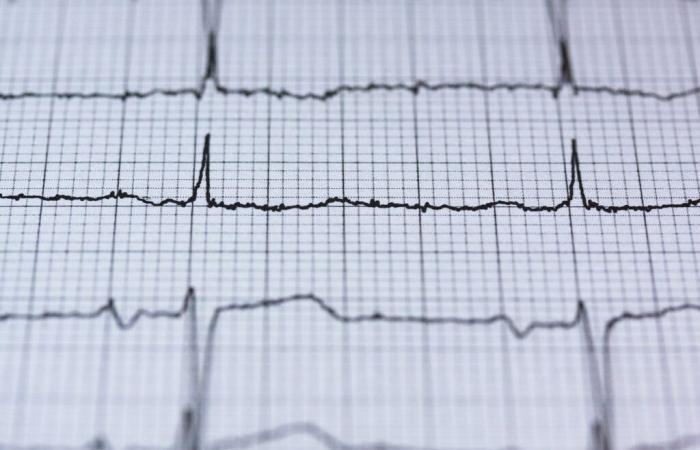In England, the NHS is launching a “ first world test » of an artificial intelligence (AI) tool « able to identify patients at risk of type 2 diabetes over ten years [1] before they develop the disease “. The NHS will begin testing the tool in 2025Imperial College healthcare NHS trust and at Chelsea and Westminster hospital NHS foundation trust.
Analyze electrocardiograms
Developed from reviewing 1.2 million electrocardiogram (ECG) readings and data from the UK Biobank (see Health data: UK Biobank shares its data with insurers), the technology called Aire-DM [2] analyzes ECGs taken during cardiac examinations “ routine “. According to the researchers, it can detect “ subtle changes “, too weak to be noticed by the human eye, but which could indicate potential diabetes in the future.
Tests have shown that the tool predicts risk “ accurately » among people of different ages, genders, ethnicities and socio-economic backgrounds « in approximately 70% of cases », Indicate the scientists. When the AI predictions were combined with genetic and clinical information, such as age and blood pressure, “ accuracy has improved further, providing an even clearer picture of risk », They specify.
Prevent disease?
More than 500 million people worldwide suffer from type 2 diabetes. One billion people could be affected by it by 2050.
Ultimately, stakeholders hope that this tool will make it possible to intervene early, or even upstream, for example by encouraging patients to change their diet and lifestyle.
[1] Researchers predict up to 13 years
[2] Pour AI-ECG risk estimation for diabetes mellitus
Source : The Guardian, Andrew Gregory (23/12/2024) – Photo : Stefan Schweihofer de Pixabay
Morocco






